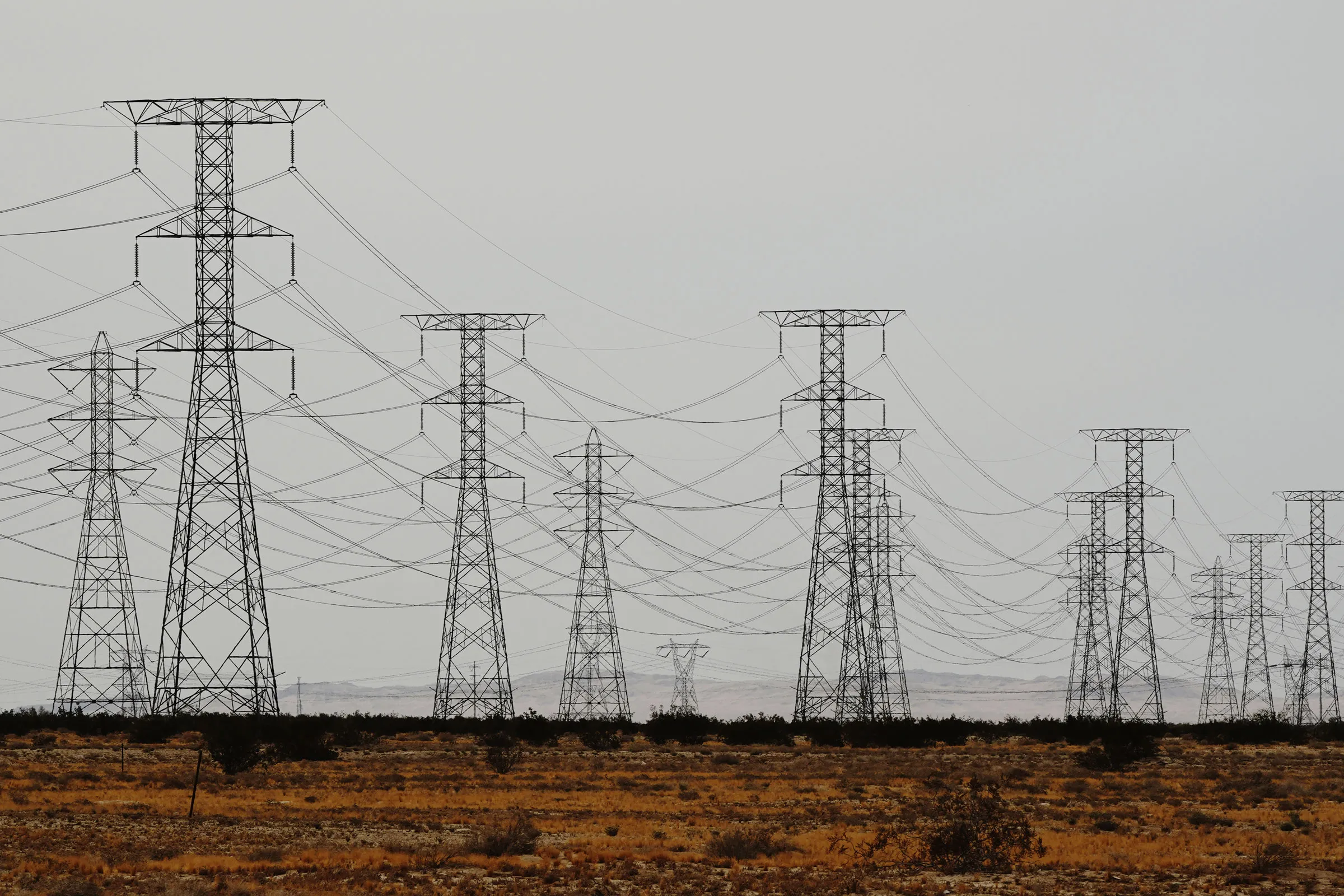A recent report from the International Energy Agency (IEA) has revealed that Nigeria’s national power grid experienced a staggering 46 collapses between 2017 and 2023. The report, released on Wednesday, highlighted the challenges faced by Nigerians in dealing with recurrent power failures, particularly noting a spike in nationwide blackouts in 2023, notably on September 14, when a major transmission line suffered a fire, leading to a grid collapse.
The IEA report attributed the continued struggles of Nigeria’s power grid to issues such as aged infrastructure and vandalism. The deterioration of power infrastructure has heightened the country’s dependence on backup generators, with approximately 40% of electricity consumption relying on these alternatives.
Despite having a total installed capacity of around 13 GW, the average available capacity remained at approximately 4.5 GW in 2023. This was attributed to a combination of factors, including the aging of power units, inadequate maintenance practices, and financial constraints.
The report highlighted the unreliable power supply in Nigeria, which has led to an estimated 40% of electricity being generated from backup generators. Natural gas played a dominant role, accounting for about 75% of electricity generated on the main grid in 2023. The IEA projected that natural gas would continue to play a crucial role in Nigeria’s power sector until 2030, gradually declining by 2050 as per the country’s Energy Transition Plan.
Renewable energy sources are also expected to play an increasingly significant role in the coming years. The IEA forecasts a compound annual growth rate of around eight percent for renewables between 2024 and 2026. Hydropower is anticipated to contribute significantly, particularly with the completion of the Zungeru project, which is expected to generate around 2.6TWh per year. Solar PV is also projected to experience rapid growth, with an average annual rate exceeding 50% over the next three years.
The report underscores the need for Nigeria to address challenges in its power sector, focusing on upgrading infrastructure, tackling vandalism, and implementing effective regulatory frameworks to ensure a more reliable and sustainable power supply for its citizens.
